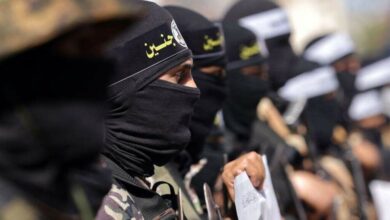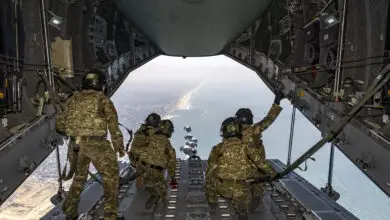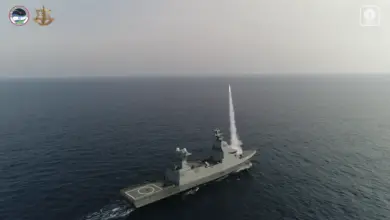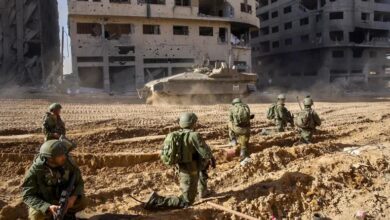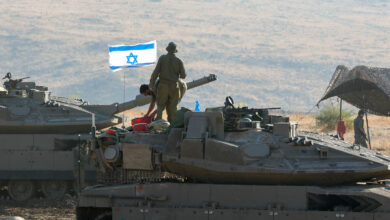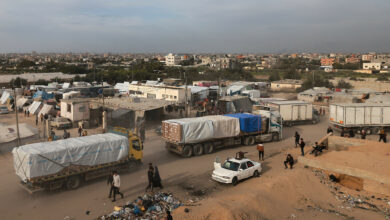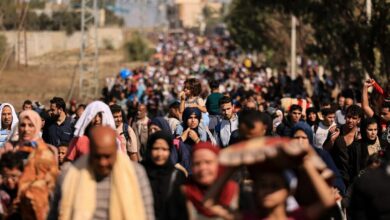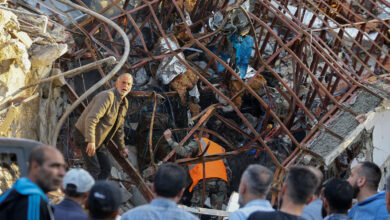Hamas Fires Rockets Into Sea in ‘Message’ to Israel
The rockets were a "message" to Israel to let it know that armed groups in Gaza will not "remain silent" in the face of an Israeli blockade and "aggression."
The Gaza Strip’s rulers Hamas fired rockets into the sea on Monday after repeated exchanges of fire with Israel in recent days, Palestinian security sources and eyewitnesses said.
At least eight rockets were seen in the sky, heading toward the Mediterranean Sea, said AFP journalists in the coastal strip, which has been under Israeli blockade for more than a decade.
The interior ministry of the Palestinian enclave under Hamas control since 2007 referred to “an act of resistance.”
The rockets were a “message” to Israel to let it know that armed groups in Gaza will not “remain silent” in the face of an Israeli blockade and “aggression,” a source close to Hamas told AFP.
The source noted that Monday’s rocket fire coincided with the recent launch of incendiary balloons into Israel.
In the past week, such balloons have flown three times from Gaza into Israel, each time triggering retaliatory strikes against Hamas positions.
The latest came Sunday night when the Israeli military announced that one of its aircraft had struck at a Hamas observation post in northern Gaza.

Hamas and Israel have fought three wars since 2008.
Despite a truce last year, backed by the UN, Egypt, and Qatar, the two sides clash sporadically with rockets, mortar fire, or incendiary balloons from Gaza and retaliatory strikes by Israel.
Palestinian analysts say fire from Gaza often aims to pressure Israel to give the green light for the transfer of Qatari financial aid into the strip.
“I don’t expect a war because neither side wants a war” at this stage, Jamal al-Fadi, professor of political science at Gaza’s Al-Azhar University, told AFP.
“These rockets and incendiary balloons are messages from Hamas to Israel to improve economic conditions in the enclave, ease the blockade and implement part of the agreements reached by the two sides,” he added.
If ‘the Boys Come Home’
According to the World Bank, around 53 percent of Gaza’s population lived below the poverty line before the novel coronavirus crisis.
That number could rise above 60 percent due to economic fallout from the pandemic, it has said.
So far 81 cases of the novel coronavirus, including one death, have been recorded in the enclave of two million people, where schools reopened this weekend after a five-month shutdown.
Israeli Defence Minister and alternate prime minister Benny Gantz said Monday he would “be happy to see Gaza develop” and for Palestinians in the strip to be able to work in Israel. “But that can only happen on one condition: that the boys come home,” he said.
Gantz was referring to the bodies of two soldiers believed to have been killed in the 2014 Gaza war and their remains held by Hamas, and possibly to two Israeli civilians thought to be held captive by Hamas after they crossed into Gaza over five years ago.
In 2011, Israeli soldier Gilad Shalit was freed in exchange for more than 1,000 Palestinians held in Israeli prisons.


